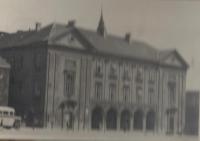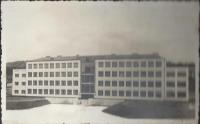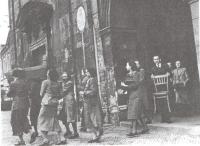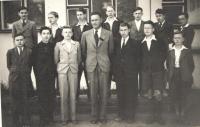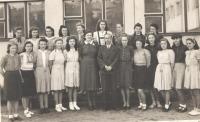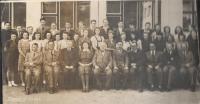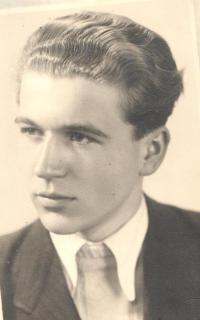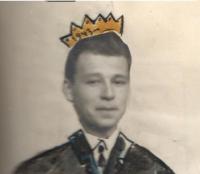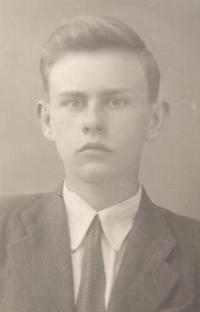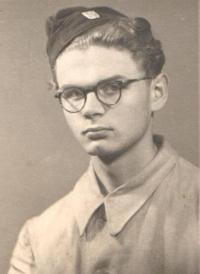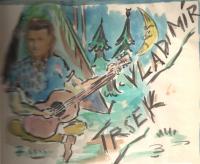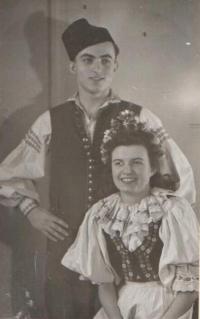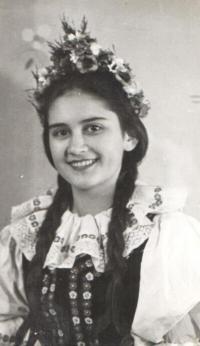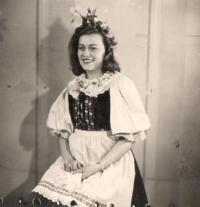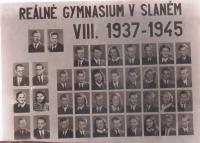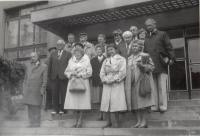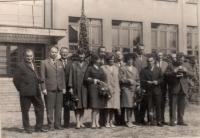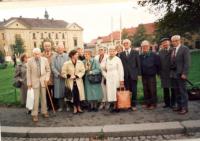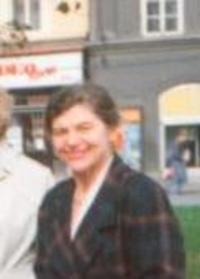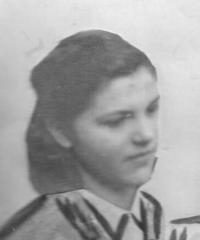It‘s a shame there we are not enough already

Stáhnout obrázek
Ing. Jarmila arch Růzhová, roz. JanáčkováShe was born on 28 8th 1926 in České Budejovice. In 1929 his father became the director of the Agricultural University in Slaném a housewife and the family moved into an apartment at the service school. School attendance launched in Girls School on Hájích, in 1937 passed the entrance exam for grammar school, graduating in 1945. After graduation, she graduated from Technical University of Architecture and Civil Engineering in Prague. After graduation, she worked for 10 years as a college assistant. She was then successively employed in Agroprojekt in the Chief Architect of Prague and the National Institute of Prague transport projects. She married Ing. Zdenek Růzha, who worked at the Research Institute of Aerospace Engineering in Prague.
